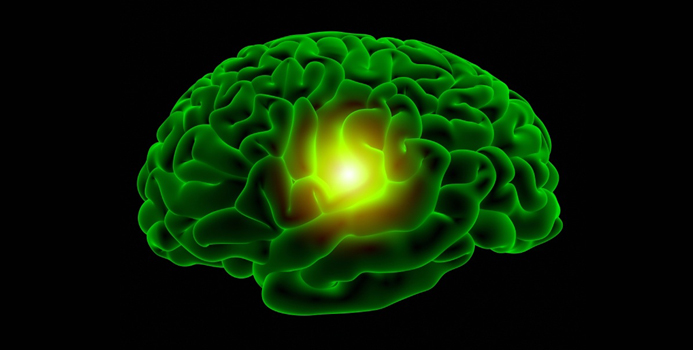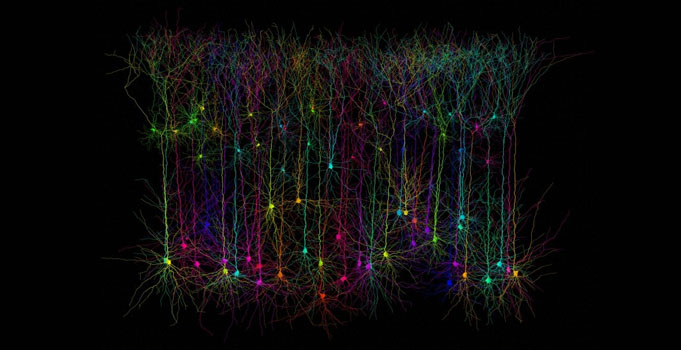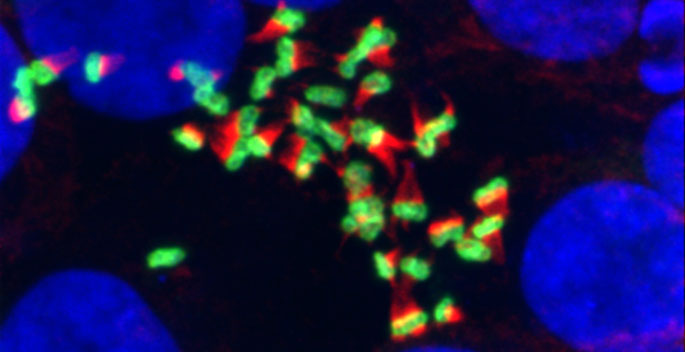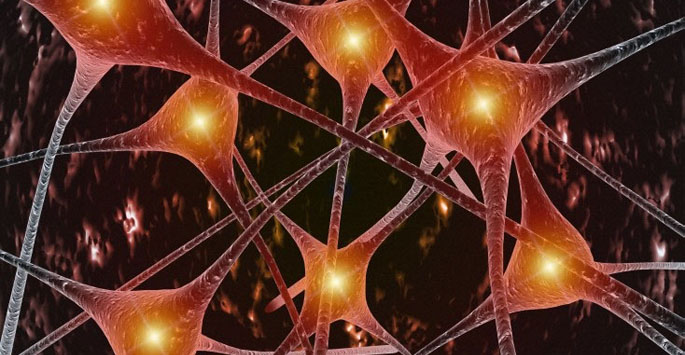Health And Medicine
-

Vanderbilt and affiliates receive $18.8 million HHS innovation award
The Health Care Innovation Award from the Centers for Medicare and Medicaid Services (CMS) is one of the largest federal research grants awarded to VUMC investigators. The funding will support the implementation and evaluation of MyHealthTeam, a model of team-based care that couples collaborative health care teams with health information technology in order to improve control of chronic conditions. Read MoreJun 18, 2012
-

Family members can often sabotage diabetes care: study
Nonsupportive family members contribute to poor adherence to medication regimens and lower glycemic control in adults with diabetes. Read MoreJun 15, 2012
-

Roots of childhood brain tumors
Cells in the back of the developing brain can give rise to brain tumors, suggesting they may be a target for treatment. Read MoreJun 14, 2012
-

Mixed results define 2012 Tennessee Men’s Health Report Card
Heart disease is still the leading cause of death for men in Tennessee and cancer deaths continue to move further away from the Centers for Disease Control and Prevention’s Healthy People 2020 goal, according to the 2012 Tennessee Men’s Health Report Card. Read MoreJun 12, 2012
-

Making order out of ordinal data
A new statistical tool developed by Vanderbilt biostatisticians will help medical researchers make sense of a commonly encountered – but hard-to-analyze – type of data. Read MoreJun 12, 2012
-

Vanderbilt identifies genes linked to breast cancer chemo resistance
A study led by Vanderbilt-Ingram Cancer Center investigators has identified a gene expression pattern that may explain why chemotherapy prior to surgery isn’t effective against some tumors and suggests new therapy options for patients with specific subtypes of breast cancer. Read MoreJun 11, 2012
-

Common genetic signals for atrial fibrillation decoded
An international study co-led by researchers at Vanderbilt University has uncovered six new “susceptibility loci,” chromosomal regions located in or near genes that may play a role in atrial fibrillation, the most commonly diagnosed heart condition. Read MoreJun 8, 2012
-

Study sees eligibility confusion ahead for Affordable Care Act applicants
A Vanderbilt expert on health policy and economics says that many people who get subsidized private health insurance under the Affordable Care Act in 2014 could face confusing changes in eligibility and cost sharing, and some will be required to pay the government back after the first year of participation. Read MoreJun 8, 2012
-

DNA: From modification to mutation
Understanding how an environmental hazard damages DNA may shed light on processes of tumor formation. Read MoreJun 8, 2012
-

Alzheimer’s protein structure suggests new treatment directions
The molecular structure of a protein involved in Alzheimer’s disease – and the surprising discovery that it binds cholesterol – could lead to new therapeutics for the memory-robbing disease. Read MoreMay 31, 2012
-

Academic Minute: Nicotine and memory
Paul Newhouse, Jim Turner Professor of Cognitive Disorders, is interviewed about his research showing that nicotine can help boost memory in people with mild cognitive impairment. Read MoreMay 30, 2012
-

Beta cell imaging could help spot diabetes earlier
Vanderbilt researchers have developed a biomarker for beta cells that could make it easier to detect diabetes earlier. Read MoreMay 23, 2012
-

Common antibiotic found to pose increased heart risk
Vanderbilt researchers have discovered a rare, but important risk posed by the antibiotic azithromycin, commonly called a “Z-pack.” The study found a 2.5-fold higher risk of death from cardiac arrhythmia in the first five days of taking azithromycin when compared with another common antibiotic or no antibiotics at all. Read MoreMay 21, 2012
-

Long live the therapeutic stem cells
Enhancing stem cell survival is key to improving cell-based therapies for regenerative medicine, and a new drug could help. Read MoreMay 17, 2012
-

New clue to ADHD
A rare genetic change adds support to the idea that altered dopamine signaling is a key risk factor for ADHD. Read MoreMay 15, 2012
-

Intestinal artillery launches anti-bacterial attack
The epithelial cells that line the intestines have a newly discovered mechanism for protecting us against microbes: they fire anti-bacterial "bullets" into the gut. Read MoreMay 14, 2012
-

Perfect timing for sensory processing
Identification of brain regions involved in processing sights and sounds may offer insights into disorders like autism and dyslexia. Read MoreMay 11, 2012
-

Vision study changes how we see the brain
Vanderbilt researchers have discovered that the pulvinar, a mysterious structure buried in the center of our brains, determines how we see the world — and whether we see at all. Read MoreMay 10, 2012
-

Probing epilepsy’s molecular sparks
Understanding how mutations in neuronal receptors contribute to epilepsy could lead to improved therapies. Read MoreMay 10, 2012
-

Early stomach troubles augur anxiety
Children with stomach troubles grow up to be anxious adolescents and young adults, according to a recent study. Read MoreMay 2, 2012